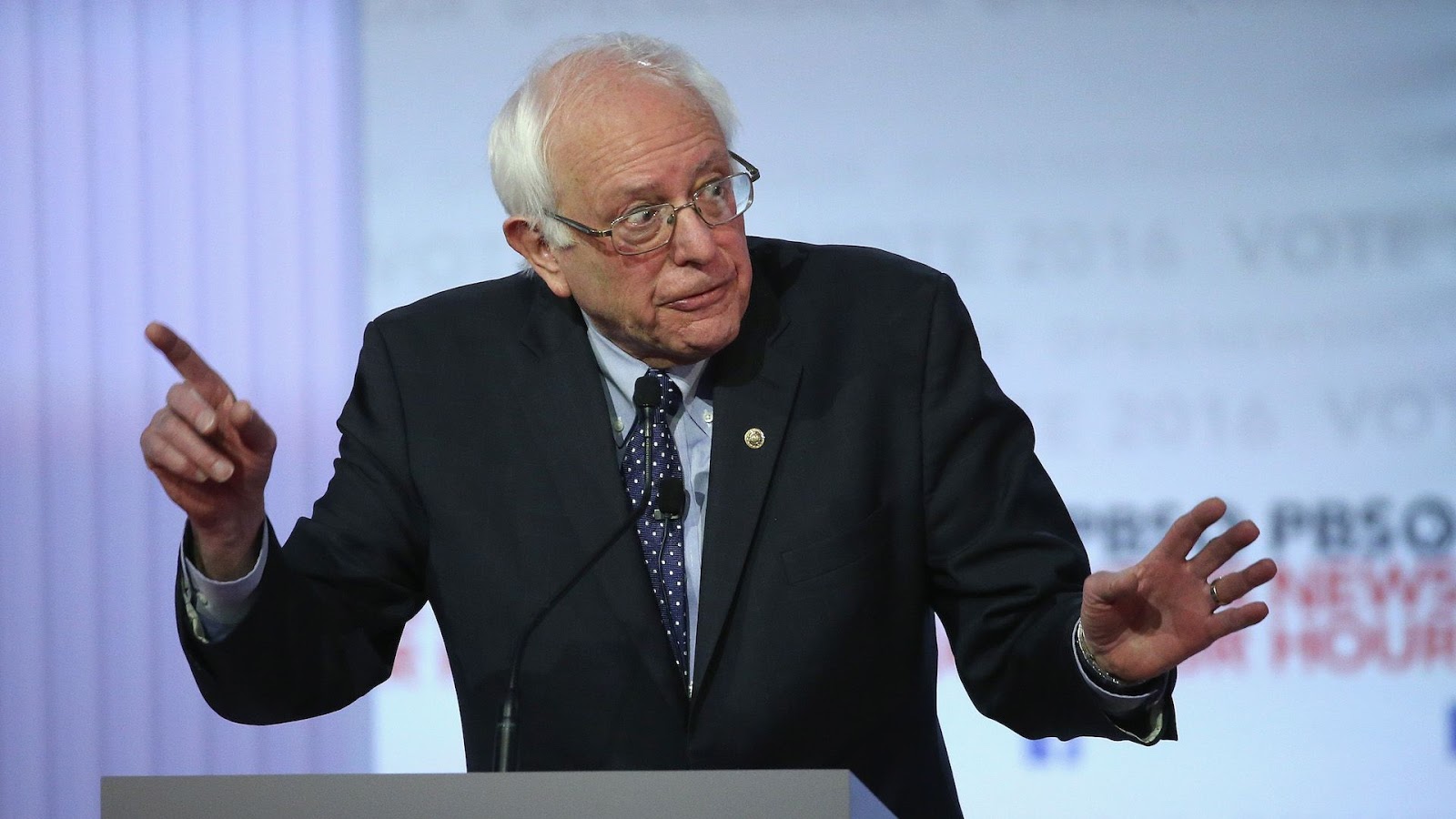Weekend Election Update 4/10

Courtesy of The Washington Post
By Jeremy Perillo
In a major change to the 2020 presidential election, Senator Bernie Sanders suspended his campaign for president, giving Joe Biden a clear path into the general election against Trump. Although Biden’s status as the Democratic nominee is not official until the Democratic National Convention in August, it is clear that Joe Biden will be the Democratic candidate for president.
Sanders’ campaign had a head start into the Democratic Primaries with winnings in the early voting states, but could not sustain that momentum going into Super Tuesday, as Biden took 10 out of the 14 contests. While people have been speculating over when, or if, Sanders was going to suspend his campaign, his announcement Wednesday was abrupt for many of his supporters.
In reaction to Sanders’ announcement, many of his supporters took to social media to express their discontent with Biden as their nominee. While some were upset and understood the importance for Democrats to unite to defeat Trump in the election by voting for Biden, others expressed their desire not to compromise with the “establishment.”
The disapproval of Biden, and the unwillingness by many to unite as a single party, reflects an evergoing fraction in the Democratic Party. Having been apparent since the defeat of Hillary Clinton in the 2016 presidential election, the divide between progressives and moderates in the Democratic Party has become increasingly obvious.
On top of the shifting campaign trail, as the United States grapples with the coronavirus and the effects that will incur later down the road, Biden will also have to work on uniting his Democratic base. His chances of beating Trump in the general election will lessen if the more liberal block of the party chooses to not vote for him, to not vote at all, or to vote for Trump. According to NPR, 1 in 10 Bernie Sanders supporters ultimately voted for Trump in 2016.
Additionally, Sanders has chosen to remain on the primary ballot, to “exert influence” on the party platform by continuing to collect delegates. While his chances of gaining the nomination are slim to none, Sanders will be able to use a build-up of his delegates to dictate what the Democratic platform will look like for the next four years. That process will occur at the Democratic National Convention in August.








